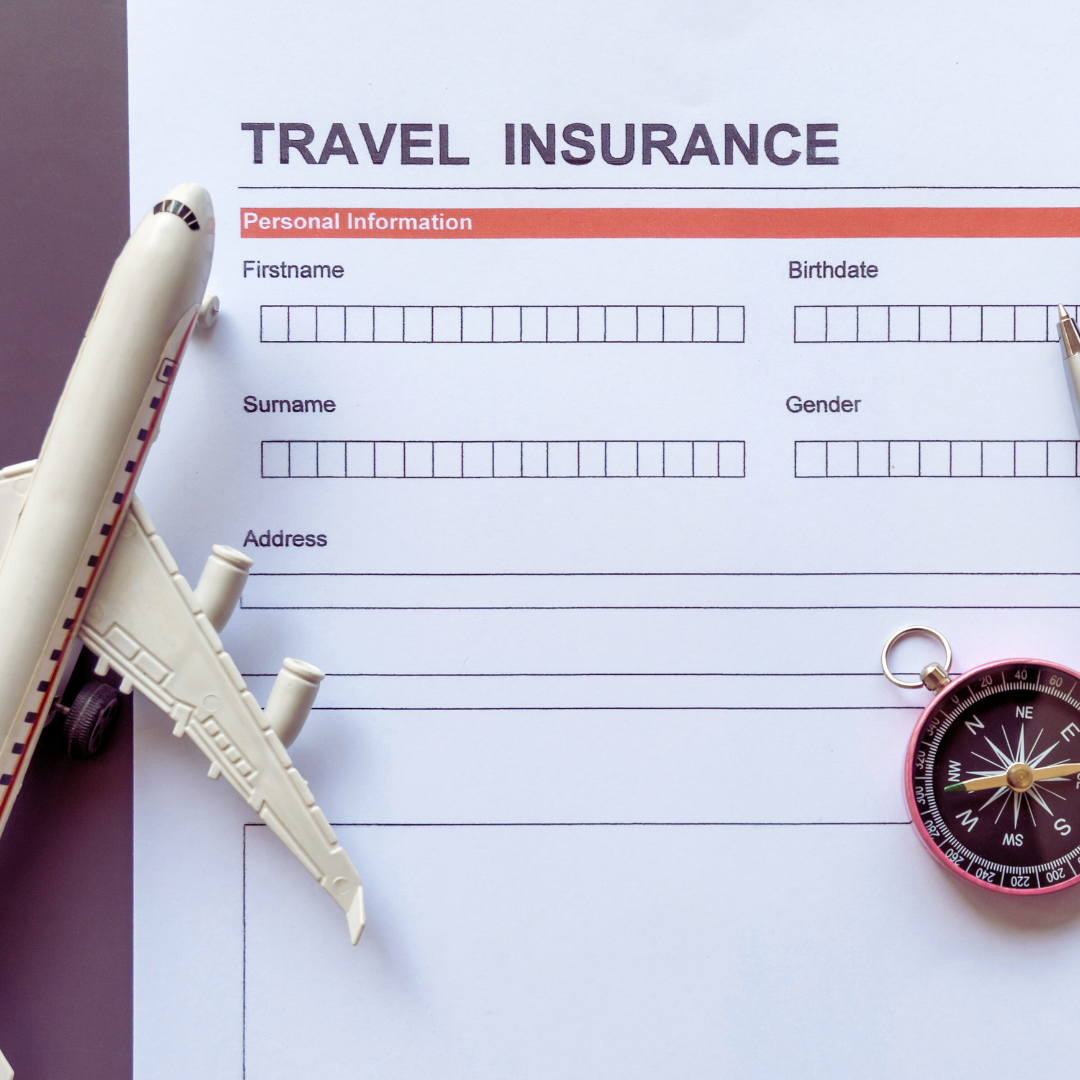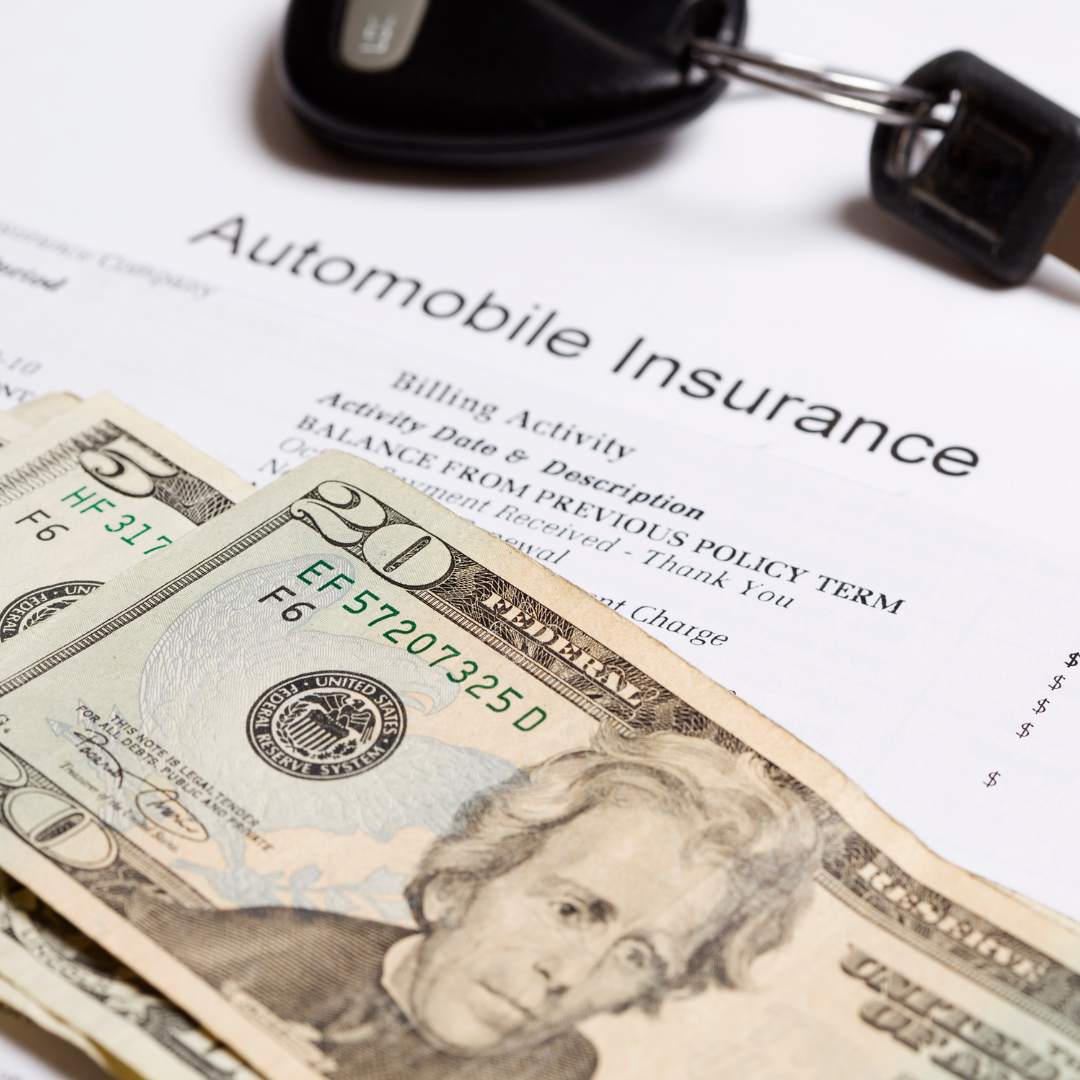
New Year Holidays: Embrace Festivities and Traditions for a Fresh Start
As the year draws to a close, many people begin to reflect on their experiences and set intentions for the upcoming one. New Year holidays offer a unique opportunity to celebrate new beginnings and reconnect with loved ones. The way individuals celebrate these holidays can vary greatly, enriching cultural traditions and personal experiences.
Festivities can include parties, family gatherings, and various cultural customs ranging from fireworks to traditional meals. These activities help mark the transition from one year to the next, fostering a sense of community and hope.
In addition to celebrations, many engage in the practice of making resolutions, aiming to bring about personal growth and change. This tradition serves not only to inspire individuals but also to encourage collective motivation as communities embark on their journeys into the new year.
Celebrating the New Year around the World
Different cultures have unique ways of welcoming the New Year. Traditions vary widely, reflecting local history and customs. Modern celebrations also incorporate festive activities, making New Year a global occasion.
Historical Traditions
Many historical traditions around the New Year can be traced back to ancient civilisations. The Babylonians are often credited with celebrating the New Year over 4,000 years ago during the spring equinox. Their festivities marked the agricultural calendar and included rituals to ensure a bountiful harvest.
In China, the Lunar New Year has deep roots, with celebrations that date back thousands of years. This festival involves various customs, such as family reunions, feasting, and lion dances, symbolising prosperity and good fortune.
In Scotland, Hogmanay has its own customs, including “first-footing,” where the first visitor to a home after midnight brings gifts, symbolising good luck for the year ahead.
Modern Celebrations
Today, New Year’s Eve and New Year’s Day are celebrated globally, often with extravagant fireworks displays and parties. Major cities like Sydney, New York, and London host iconic events that attract millions.
In Spain, it is customary to eat twelve grapes at midnight, each representing good luck for the coming months. In Japan, people celebrate with temple bells, ringing out a total of 108 times to cleanse the old year’s sins.
Many also take a New Year break, using this time for relaxation and reflection. Traditions across cultures blend to create a vibrant global tapestry of New Year celebrations, uniting people in hope and joy for the future.
Iconic New Year Destinations
Travellers seeking vibrant celebrations during the New Year will find numerous iconic destinations across Europe and America. Each location offers unique festivities, attracting visitors eager to experience different cultural traditions.
European Hotspots
Europe features several cities renowned for their New Year festivities.
- Edinburgh: hosts the famous Hogmanay, a three-day festival known for its street parties, concerts, and traditional firework displays outside Edinburgh Castle.
- Dublin: is another popular destination, where revellers can enjoy concerts in the streets and a spectacular fireworks show over the River Liffey.
- Amsterdam: the atmosphere comes alive with music and festivities, with fireworks lighting up the skies above famous canals.
- Paris: draws visitors with its dazzling Eiffel Tower display, offering a magical backdrop for New Year celebrations.
- Rome: adds a historical flair with concerts in Piazza del Popolo and a midnight toast.
These cities combine rich traditions with modern celebrations, catering to all types of travellers.
American Celebrations
In the United States,
- New York City: is famed for its New Year’s Eve celebration in Times Square. This event features the iconic ball drop, attracting thousands of people. The festivities include live performances and an electrifying atmosphere, bolstered by spectacular fireworks.
- Miami: offers beach parties that blend fireworks with vibrant music, creating a lively scene for party-goers.
- Los Angeles: hosts numerous events, ranging from formal affairs to street parties.
- Las Vegas: are known for extravagant celebrations, with over-the-top fireworks and events held along the Strip. Each of these American destinations showcases unique customs while delivering unforgettable New Year experiences.
New Year Events and Entertainment
Celebrating New Year’s Eve features a range of exciting events and entertainment options. Fireworks displays and live music performances are especially popular, bringing people together for a memorable evening.
Fireworks Displays
Fireworks displays are a hallmark of New Year’s celebrations around the world. Cities such as London, Sydney, and New York host breathtaking shows at midnight, drawing large crowds eager to welcome the new year.
These displays often incorporate a variety of colours and effects. Some shows, like the London Eye fireworks, are synchronised to music, enhancing the overall experience. In addition to structured events, smaller towns and communities may organise their own fireworks presentations, creating a festive atmosphere.
Attendees typically gather in public spaces, bringing friends and family to enjoy the spectacle. Refreshments, including champagne, are common at these gatherings, allowing people to toast to new beginnings while enjoying the fireworks.
Live Music and Performances
Live music during New Year’s celebrations offers a lively backdrop for the festivities. Many cities feature concerts with popular bands and artists, spanning genres from pop to classical.
Venues often host themed events, providing a range of entertainment options throughout the night. Bars and clubs frequently organise special parties featuring local DJs and musicians.
In addition to concerts, street performers may add to the atmosphere. They entertain crowds with their acts, creating a vibrant setting. Attendees can enjoy drinks, including champagne while dancing and celebrating in anticipation of the new year.
Participation in these events fosters a sense of community, making New Year’s a time for shared joy and celebration.
Planning Your New Year Getaway
Choosing a New Year getaway requires consideration of special packages and suitable travel arrangements. Planning ahead ensures a memorable celebration without unnecessary stress.
Festive Packages
Many travel companies offer festive packages specifically for New Year celebrations. These may include accommodation, meals, and entertainment.
Destinations like Newport often feature themed events. Think gala dinners, fireworks displays, and traditional music. Packages generally include excursions to local attractions, making for a well-rounded experience.
Booking early can provide access to exclusive deals. Popular tours might include:
- Luxury hotel stays with New Year’s Eve parties
- Coach holidays that cover various attractions
- Day trips to nearby cities or scenic spots
Every package aims to create a memorable atmosphere, combining relaxation with festive cheer.
Travel and Accommodation
Selecting the right travel and accommodation is vital for a successful getaway. Transport options include flights, trains, and coach services. Choosing a direct route can save time, especially during busy holiday periods.
Opting for early booking often results in better rates and availability. Popular accommodation types vary, from hotels to charming lodges. Ensuring the chosen facility is well-reviewed can enhance the experience.
For those interested in coach holidays, many operators arrange group travel that allows for exploring local culture. This option includes visits to scenic areas and attractions, often with experienced guides providing insights.
Confirming all arrangements, including transportation and lodging, prior to the trip can lead to a smoother transition into the New Year celebrations.












